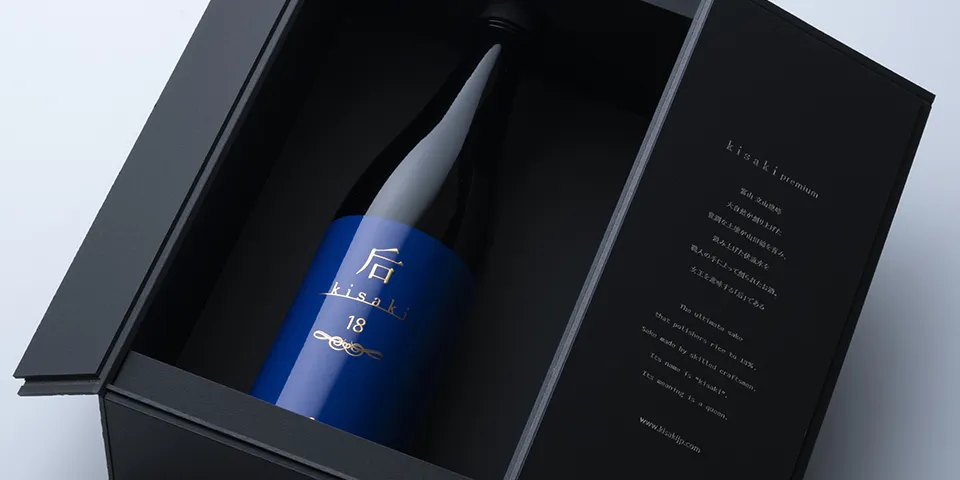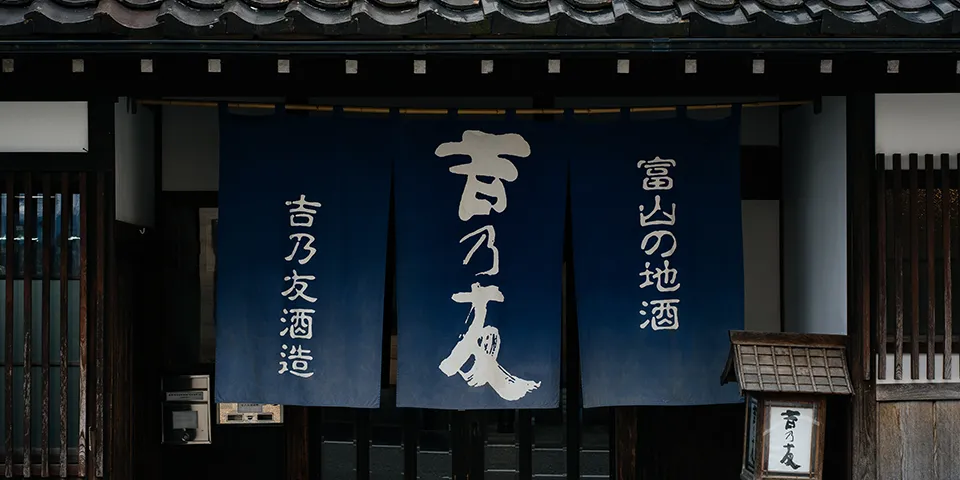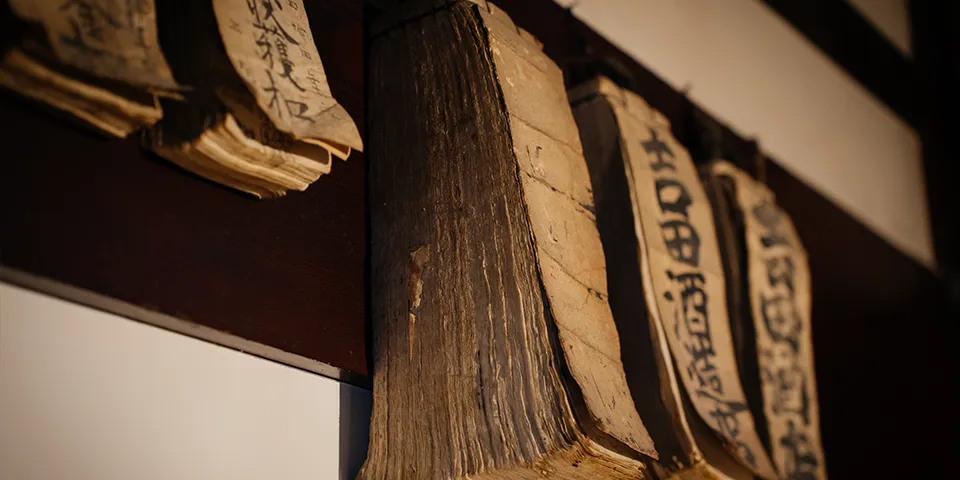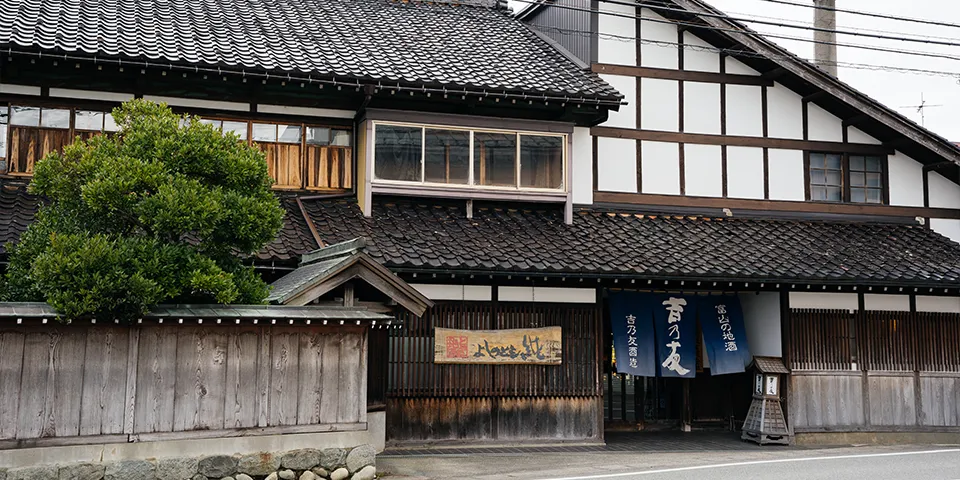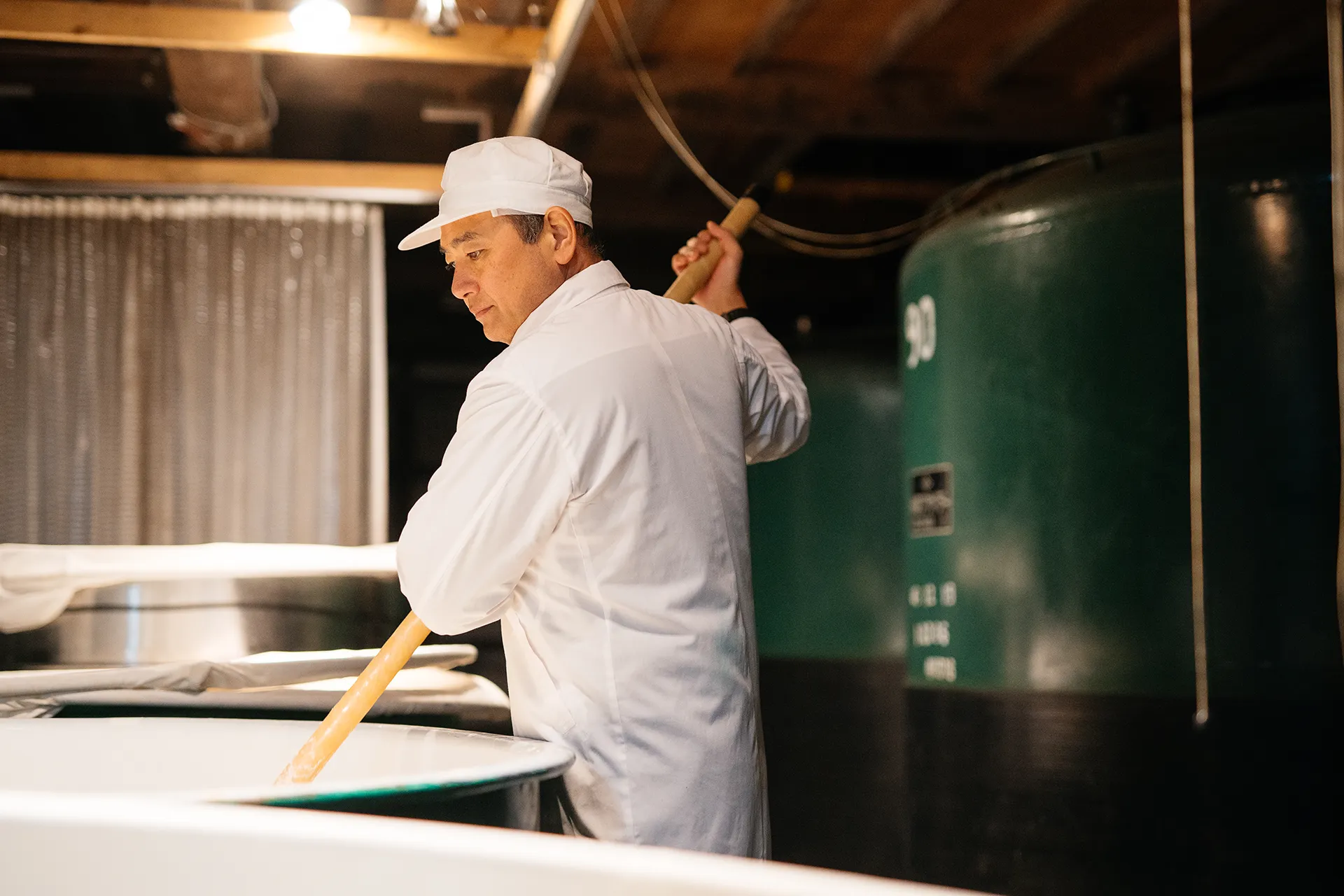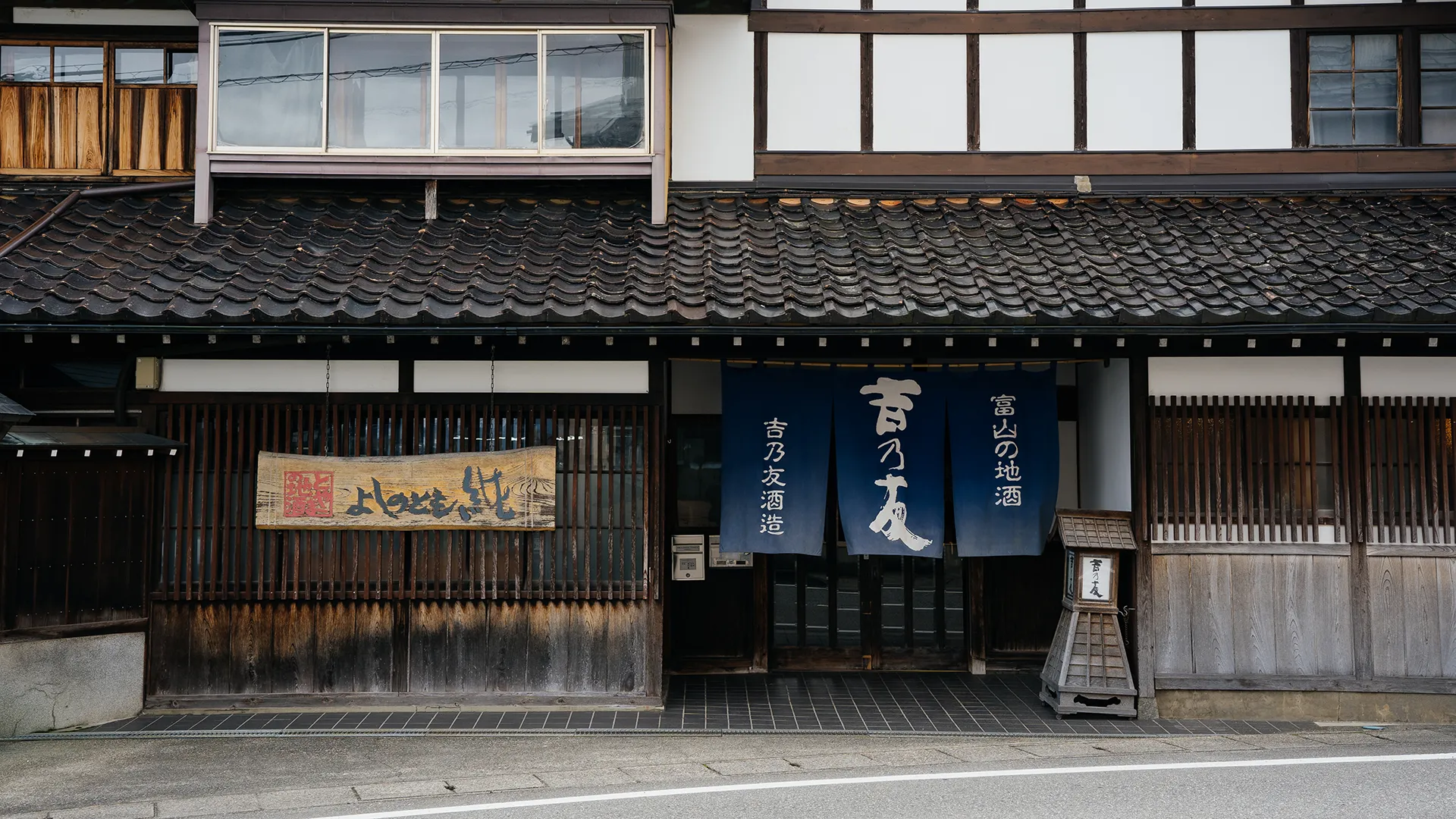
News
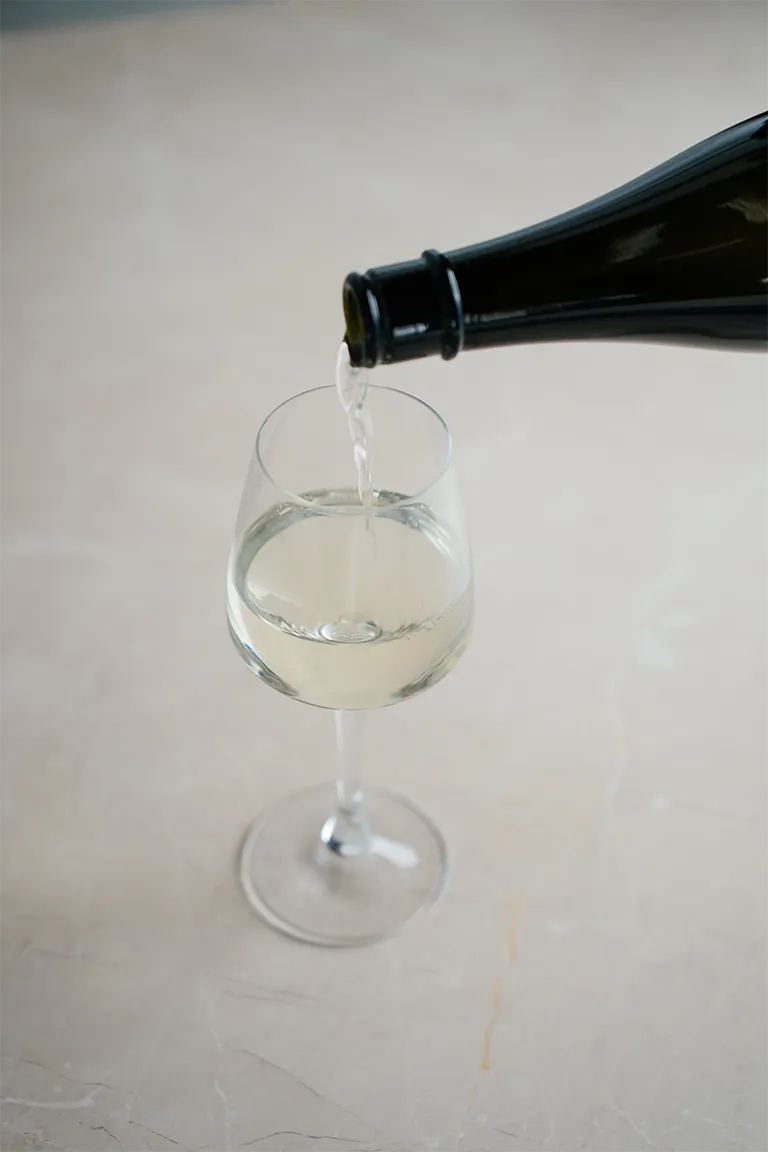
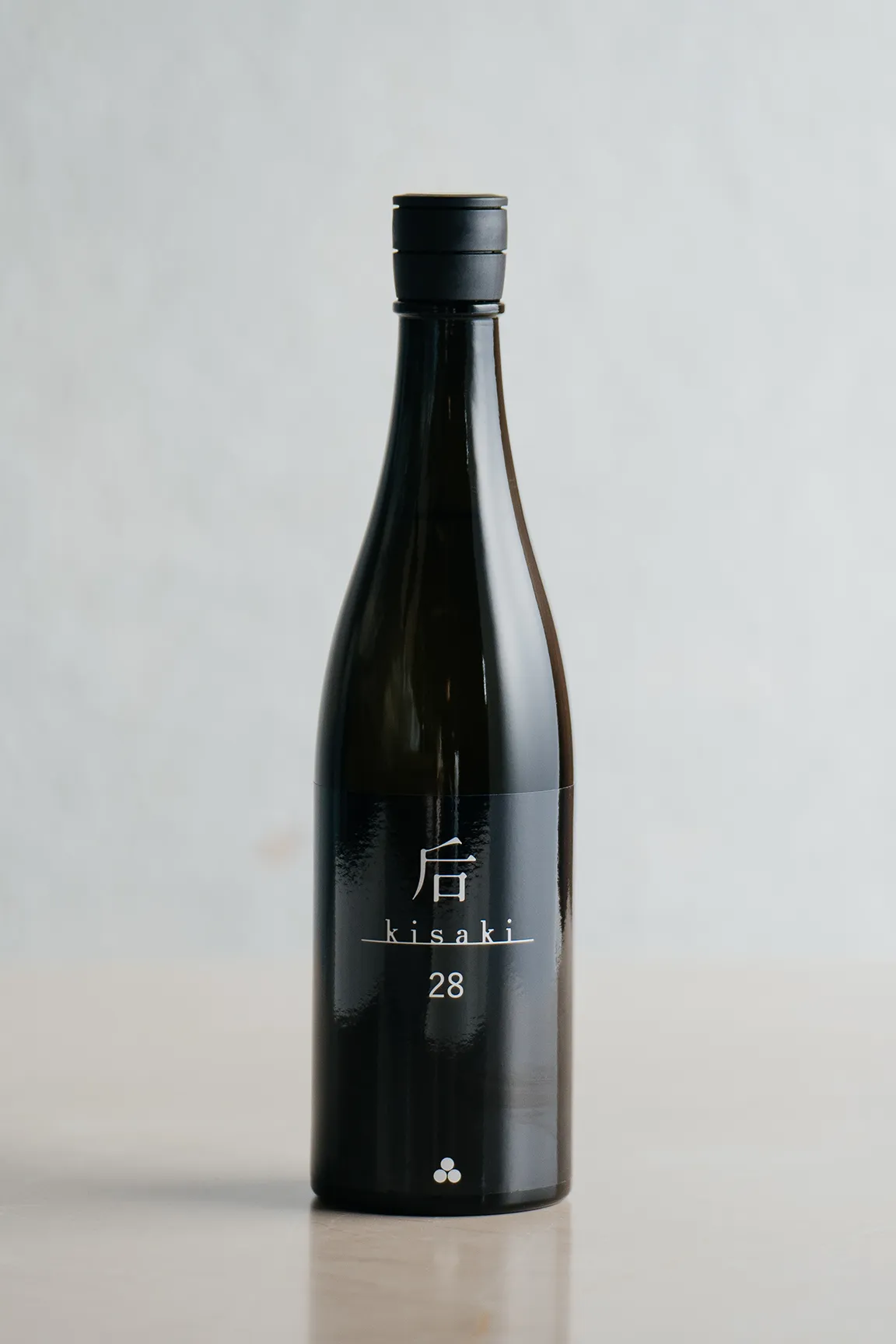
The Junmai Daiginjo series, which won the "NAMAZAKE AWARD" held in London in 2018, is easy to drink even for beginners, with a harmonious blend of fruitiness and moderate acidity.
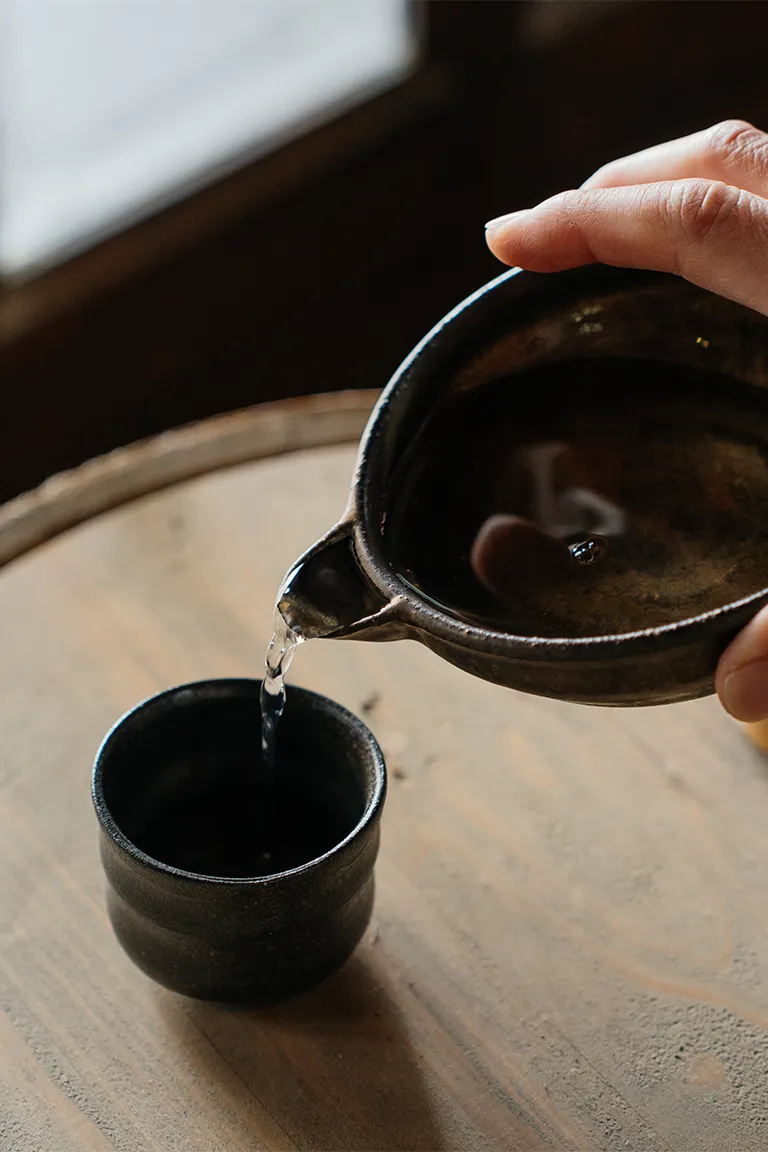
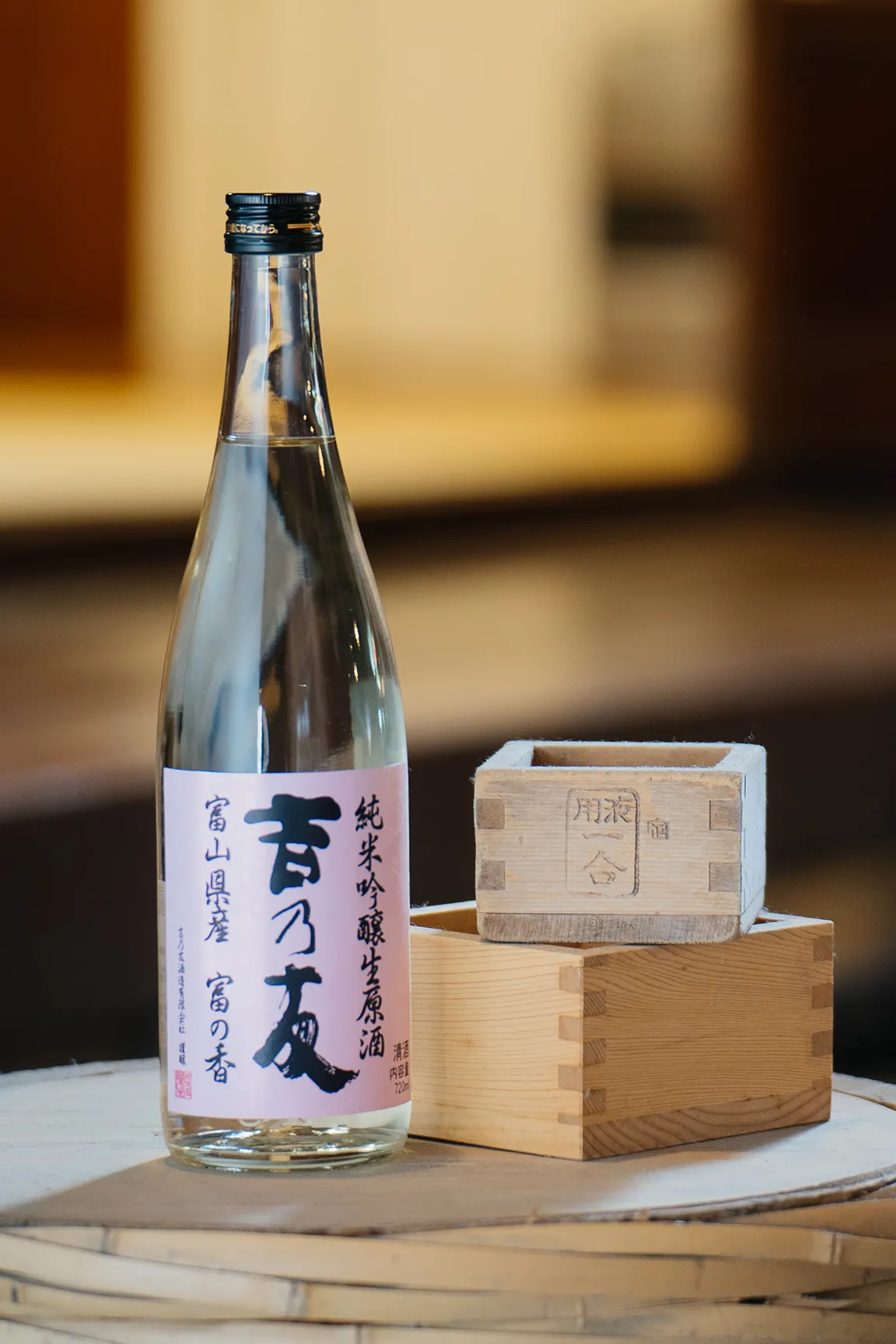
This is a representative product of the Yoshinotomo Sake Brewery, a longtime local favorite. This junmai sake is crafted with a focus on pure rice and dry taste, and is brewed withrice from Toyama Prefecture and underground water from the Tateyama Mountains—perfect for sake enthusiasts.
Recommendation

1.
kisaki 28 Black

2.
kisaki ∞ Pink

3.
Yoshinotomo Junmai Ginjo NAMA Genshu TOMINOKA
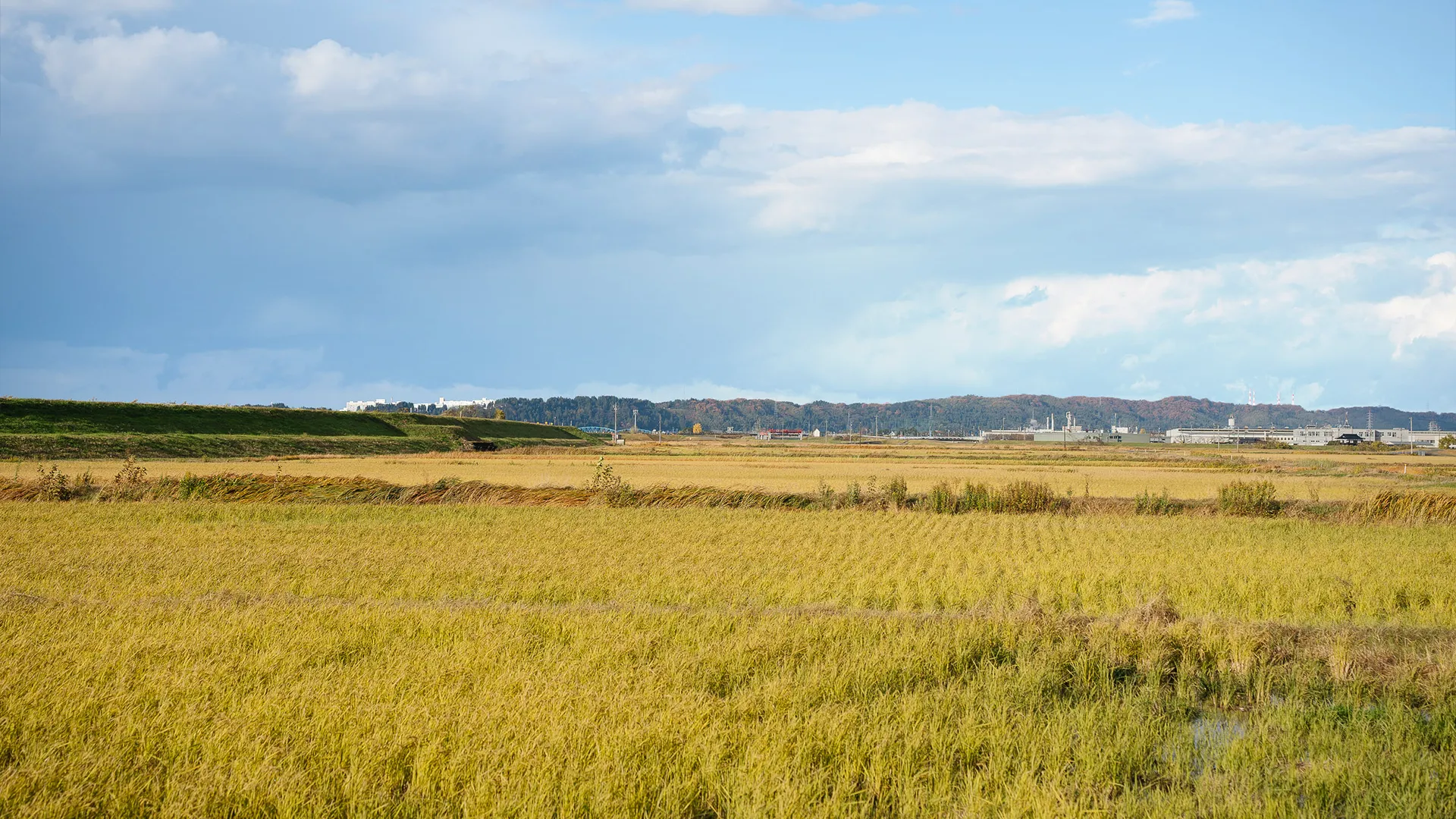
Sake brewing
"Domaine" sake brewing by rice farmers in Toyama
We handles everything from rice cultivation to rice milling and brewing. What is the flavor created by the deep knowledge and commitment to sake rice quality that has been cultivated over the 140 years since the company was founded?





